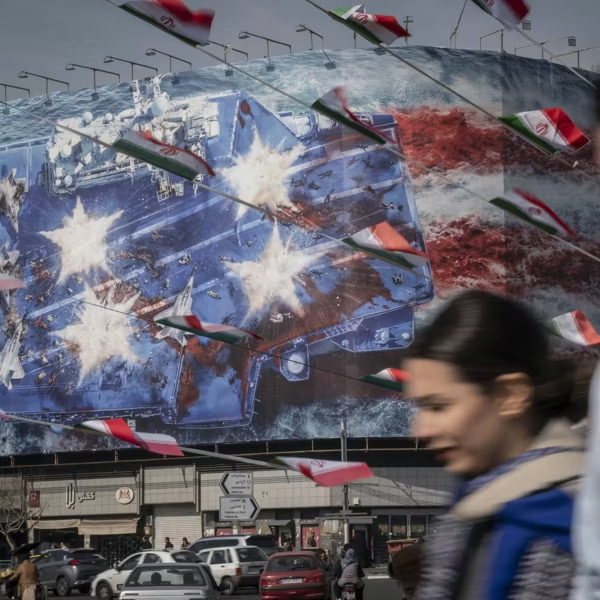This week is crucial for the Iran nuclear deal, and by extension, stability in the Middle East. By Friday, US President Donald Trump is obligated to renew sanctions waivers on Iran. If he fails to do so, the US will violate the nuclear deal of 2015 and trigger a process that will likely see the deal collapse and bring the United States and Iran back on a path towards war.
It's been a year since Trump became president, and clearly the Joint Comprehensive Plan of Action (JCPOA) is hanging by a thread. At first, Trump's hostility against the agreement appeared to be limited to rhetoric. After all, Trump twice renewed the sanctions waivers and certified Iran's compliance to Congress. But all of that changed in October when Trump failed to certify the deal to the US legislative body. Ever since, Trump's intent to kill JCPOA has become a foregone conclusion.
Trump famously threw a temper tantrum in the Oval Office in July when he was not offered an option to kill the deal and instead was forced to recertify it. By October, his national security team realised, he had to be offered a decertification option. But if the deal was to be saved, they figured, Trump had to be given the option of being tough against Iran on another front.
In September, a consensus inter-agency recommendation was presented to Trump that recommended recertifying the deal while aggressively "pushing back" against Iran and Hezbollah in the region. The hope was that Trump would be satisfied with the hawkishness of the recommendation and leave the nuclear deal alone.
But Trump outsmarted his national security team. He agreed to escalating against Iran in the region, but insisted on decertifying the nuclear deal nevertheless. All but two of his senior officials opposed decertification - CIA chief Mike Pompeo and UN Ambassador Nikki Haley.
Trump's advisers still managed to score a point though. Instead of killing the nuclear deal right away, Trump was convinced to pursue a two-step process: he would call on Congress to pass new legislation that would "fix" the deal by unilaterally changing some of its key terms, particularly the expiration of some of the restrictions imposed on Iran's nuclear programme. The problem is that any unilateral change to the deal is still a violation of the agreement. Thus, rather than "fixing" the deal, unilateral Congressional revisions would end up violating and killing it.
If Congress would fail to act, on the other hand, Trump vowed that he would "terminate" the deal himself. So either way, the deal would end up getting nixed.
Indeed, the White House expected that Congress wouldn't act. The Congressional path was solely aimed at giving the appearance of a more deliberate process and a genuine effort by Trump to work with Congress.
More than a month has passed since decertification, and predictably Congress has failed to act. Now the ball is back in Trump's court and he must make a decision by Friday.
But can the JCPOA survive without the US? That depends on whether Trump decides to implement the pre-JCPOA secondary sanctions. If the president goes down this path, the US will once again target Asian and European companies trading and investing in Iran.
China, Russia and the EU will fiercely oppose Trump's sabotage of the nuclear deal and reject the new sanctions. But even if they do, it is not clear if Asian and EU companies will remain in the Iranian market if forced to choose between the US and Iran.
If Asian and EU companies leave Iran in order to retain access to the American market, then Iran will be left with almost none of the benefits of remaining inside the nuclear deal. Sooner or later, internal political dynamics will force the Iranians to leave the agreement and restart aspects of their nuclear programme.
At that point, the pressure on the US to bomb Iran - both from within and from states such as Israel and Saudi Arabia - will increase once more. But unlike 2011-2012, when the risk of war between the US and Iran last peaked, the option of diplomacy will most likely not exist. As a result, the risk of escalation eventually leading to war will be far higher.
While China's focus rightfully is on the Korean peninsula, it should be careful not to neglect the danger of that war with Iran poses for stability in Asia.




